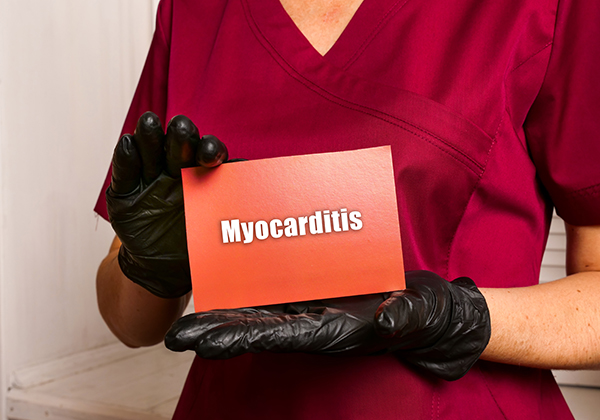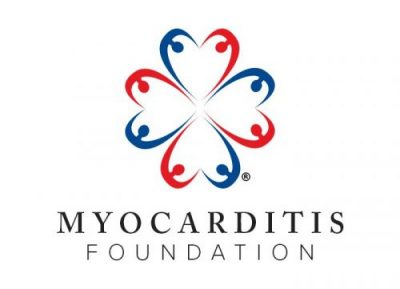Eligibility and Disqualification Recommendations for Competitive Athletes with Cardiovascular Abnormalities
Dr. Leslie Cooper, who co-authored this paper, shared this with us for you to read.
In a paper published in an American Heart Association Journal, in 2015, there are general considerations to consider before resuming competitive sports. I will try and summarize the myocarditis section of it here.
Myocarditis commonly presents with severe shortness of breath on exertion, chest pain and cardiac arrhythmias. It can also present as a myocardial infarction-like syndrome (Heart Attack), with sudden death in the presence of normal coronary arteries. The contribution of myocarditis to cardiovascular sudden death varies with age causing cardiovascular sudden death in approximately 2% of infants, 5% of children, and 4-7.5% of athletes. Most cardiovascular sudden deaths attributable to myocarditis occur in males, and in some cases, myocarditis results in sudden death without antecedent symptoms or macroscopic cardiac abnormalities.
The data linking myocarditis to sudden death are strong and include autopsy studies and experimental myocarditis models.
In clinical practice, myocarditis is often suspected but infrequently confirmed by cardiac biopsy, which creates a need for noninvasive diagnostic criteria to guide recommendations for athletic participation. In the article I am quoting from, probable acute myocarditis is diagnosed when both of the following criteria are met:
- A clinical syndrome that includes acute heart failure, angina-type chest pain, or myopericarditis of under 3 months duration.
- An otherwise unexplained elevation in serum troponin; EKG changes of cardiac ischemia; otherwise unexplained high-degree AV block or arrhythmias; wall motion abnormalities; pericardial effusion on Echo or cardiac MRI imaging.
Although acute myocarditis is associated with the characteristic findings of myocardial injury described in the diagnostic criteria above, there is no sensitive or specific test that can determine when the inflammatory process ends. Dilated Cardiomyopathy, associated with acute myocarditis, often resolves over 6-12 months. Athletes, in whom the findings in acute inflammation have resolved, may still have a risk of arrhythmias related to the resultant myocardial scar.
The interval between initial assessment and retesting before resumption of sports will vary depending on the severity of the initial illness. A reasonable minimum interval for retesting based on experimental models is 3-6 months.
The recommendations that are presented, are as follows:
* Athletes with probable or definite myocarditis should not participate in competitive sports while active inflammation is present. This recommendation is independent of age, gender, and Left Ventricular Function.
* Before returning to competitive sports, athletes who initially present with an acute clinical syndrome consistent with myocarditis should undergo a resting EKG, 24 hour Holter monitoring, and an exercise EKG no less than 3-6 months after the initial illness.
* It is reasonable that athletes resume training and competition if all of the following criteria are met:
- Ventricular Systolic Function has returned to the normal range.
- Serum markers of myocardial injury, inflammation and heart failure have normalized.
- Clinically, relevant arrhythmias such as frequent or complex repetitive forms of ventricular or supraventricular ectopic activity are absent on Holter monitor and graded exercise EKGs.


























